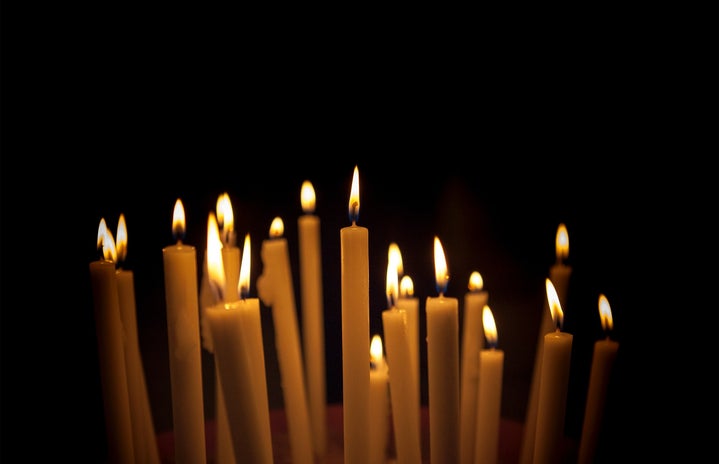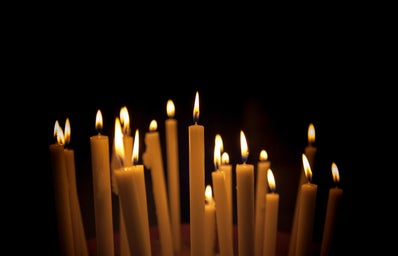As I enter the highly anticipated twentieth year of my life, many thoughts about the next decade race through my mind. As midnight arrives and passes, I realize I am “starting” my twentieth year washing dishes: what a lackluster beginning. I check my phone to see if anyone has wished me Happy Birthday yet: hours later, my mom and close friend since kindergarten are still the only two who have reached out. Yet, I’m too preoccupied with my own thoughts and worries to really notice.
In a time full of unknowns, all of the 20-somethings at universities around the world anxiously anticipate what will become of them after graduation. A multitude of pressures weigh them down: pressure to support themselves, pressure to excel in school, pressure to be better than their peers, and many more. Here are a few of my miscellaneous thoughts on the frightening uncertainties of becoming independent and mental health with regards to education.
What will independence look like?
Each year as we get older, childhood becomes a distant memory and complete independence from our parents draws near. It feels distressing to even think about, especially for everyone who still has many years of education left. In order to do well in school, the most one has time to work is a very part-time job. In cities like Seattle where the rent is astronomically expensive, how are students able to afford rent, not to mention tuition, once becoming independent from their parents? Even if someone worked a full-time minimum wage job, it is still not enough to afford rent in most apartments/houses. I can’t help worrying about the future of my living situation: I don’t want to depend even partially on my parents for years to come, but also want to do well in school and can’t fathom working more than I do already. I am very fortunate and privileged to have parents who can provide for me, but this feeling of growing older and not becoming any more of an adult leaves me uneasy and vulnerable.
When will we start prioritizing mental health and also create a school/work–life balance?
Between the endless coursework, studying, lab work, and everything else, it feels like there’s no time to live and I find myself beyond sleep-deprived every single night. I am not alone in this: many of my friends sleep minimal hours every night and have little if any activities that they do outside of school. I used to blame ongoing circumstances of the global pandemic for the feeling that time is passing me by and I’m wasting it—but then I remembered that I always felt this way and that the lack of school-life balance is a central factor. Whole quarters used to pass me by (yes, when classes were in person) in seemingly two weeks. I would go through the motions and realize with a jolt that finals were the next day. I can’t help but wonder how our health will be negatively affected long-term if we are already falling into these unhealthy habits at the age of 19, 20, etc.
In our society, there is this sort of guilt that we feel if a portion of our day is spent on a hobby instead of spending the duration of the day on school and/or work. This mindset does not lead to a high quality of life.
Can we recognize the toxicity of “The Grind?”
From uber competitive to crushing frustrations, it feels like a pummeling weight that will only intensify if you so much as take one day off from “the grind.” Hustle culture is increasingly toxic, and frankly, I’m tired of it. As someone who suffers from extreme anxiety and obsessive behaviours, I think it is foolish to constantly glorify people working themselves to death. Yes, productivity is important. But so is your mental health, and there can most certainly be a balance between hard work and quality of life/general enjoyment.
Mounting pressure on young adults can feel crushing—you are not alone.
Our generation will be the one who started and ended this toxic work-work balance. This coud just be 3am quarantine insanity speaking, but are simply my thoughts on the importance of mental health, especially during uncertain times such as these.


